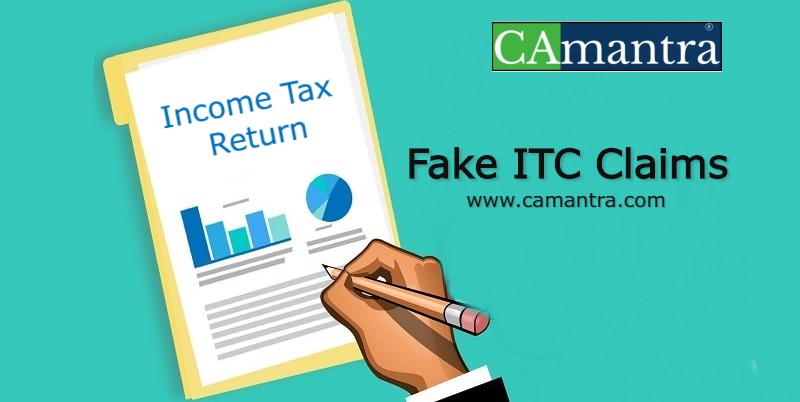The government has blocked fraudulent Goods and Services Tax (GST) refund claims worth Rs 1,875 crore, involving 1,377 exporters- according to finance ministry official said.
The CBIC (Central Board of Indirect Taxes and Customs) has already instructed officials to verify the correct availment of input tax credit (ITC) by such risky exporters based on pre-defined risk parameters, the official said.
The Directorate General of GST Intelligence also known as DGGI has issued directions to all Zonal Chief Commissioners on Blocking of Input Tax Credit under rule 86A(1)(a) of CGST Rules.
Rule 86A. Conditions of use of amount present in electronic credit ledger. –
(1) The Commissioner authorized by him in this behalf, not below the rank of an Assistant Commissioner, has reasons to believe that credit of input tax available in the electronic credit ledger has been availed fraudulent
a) The credit of input tax has been issued on the power of tax invoices or debit notes or any other document prescribed under rule 36
b) Issued by a registered person who has been found non-existent or not to be conducting any business from any place for which registration has been obtained; or
2) Without receipts of goods or services or both.
The DGGI directed that, All the Zonal Chief Commissioners have the facility to block/unblock ITC availed in a situation covered under Rule 86A(1)(a) of the CGST Rules, 2017 against fake invoices or against invoices without receipt of goods or services or both if such availed of credit are located in their jurisdiction.
What Measures Did the Government Bring to Check Fake ITC Claims?
The government had recently taken some measures, to check excessive GST Input Tax Credit claimed by the taxpayers having GST registration.
Recently, the GST department had imposed restriction on availing GST ITC. Now, a dealer can claim a maximum of ITC up to the amount in GSTR-2A + 10%.
Apart from that, the 2nd National GST Conference was also held on 7th January 2020, to bring solutions against the problem of fake ITC claims.
And now, at the Union Budget 2020 session, the government has introduced the strictest measure to control fake ITC claim, by making it a Non-Bailable Offense.
In this regard, the government has proposed to amend the Sections 122 & 132 of the CGST Act 2017.
What Amendment Is to Be Done In Section 122 Of The CGST Act?
Section 122 of the CGST Act 2017 states that if any individual indulges in the violation of GST compliance or makes a fraudulent GST ITC claim, shall be liable to a high penalty of ₹10,000- or the tax evaded, whichever of them is higher.
Now, the government has proposed to revise this section to make the beneficiaries of the transactions evolving out of fake ITC claim, also be liable for such a penal action.
As a stringent measure against the fake ITC claim, the government has proposed to penalize the beneficiaries of the transactions due to the fake ITC claim just as the claimants of fake ITC.
What Amendment Is to Be Done in Section 132 Of the CGST Act?
As a step forward, section 132 of the CGST Act 2017 shall also be amended. This amendment will make false ITC claim, made without a GST invoice, a non-bailable offense. With its effect, the following shall be liable for the imprisonment term as specified in this section:
- The fake ITC claimant,
- Those who are involved in fake ITC claim
- The beneficiaries of transactions arising out of fake ITC claim.
As a matter of fact, the punishment for fraudulent ITC claims, as specified in section 132 of the CGST Act 2017 is a minimum of 6 months imprisonment term, which may extend to 5 years.

